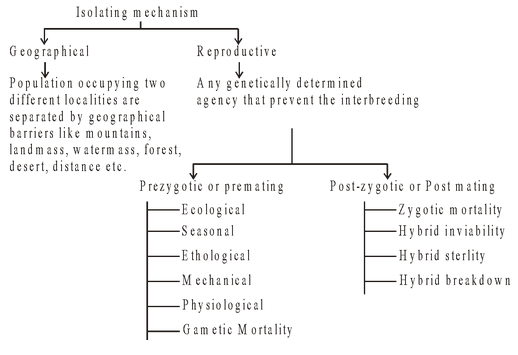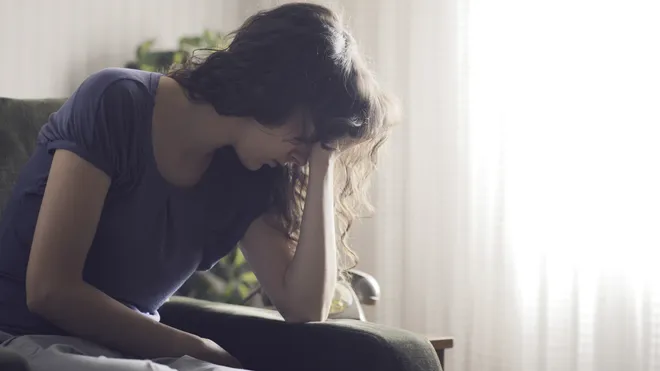Isolation is more than just being physically alone; it is a profound emotional and social experience that can affect anyone, regardless of age, background, or lifestyle. While some people may choose solitude for personal growth or reflection, others may find themselves isolated due to circumstances beyond their control.
This article aims to delve deeper into the complexities of isolation, its impact on mental and physical health, and effective strategies to manage and overcome it.
The Different Types of Isolation

Isolation can manifest in various forms, each affecting individuals differently:
Physical Isolation:
- Physical isolation occurs when individuals are geographically separated from social circles. This may be due to living in a remote area, being bedridden due to illness, or social distancing during a pandemic.
- Examples: Elderly individuals living alone, long-distance relationships, or quarantine situations.
Social Isolation:
- Social isolation happens when a person has minimal or no social interactions, leading to a sense of being cut off from society.
- Examples: People who have recently moved to a new city, individuals with social anxiety, or those marginalized due to race, gender, or socioeconomic status.
Emotional Isolation:
- Emotional isolation occurs when a person feels emotionally disconnected, even when surrounded by people. It often stems from mental health issues like depression, trauma, or unresolved conflicts.
- Examples: Feeling unsupported in relationships, hiding one’s emotions, or suppressing feelings to avoid judgment.
Digital Isolation:
- Ironically, in an age of connectivity, many people feel isolated despite being constantly online. This phenomenon occurs when virtual interactions replace meaningful, face-to-face communication.
- Examples: Excessive use of social media without real social connections, spending hours gaming without engaging in the outside world.
Why Do People Experience Isolation?
There are numerous reasons why someone might feel isolated, and understanding these can help in addressing the root cause:
- Life Transitions: Major changes like retirement, moving, or divorce can disrupt social networks.
- Mental Health Conditions: Disorders such as depression or anxiety can lead to self-isolation.
- Physical Health Issues: Chronic illness, disability, or mobility challenges can make socializing difficult.
- Trauma and Grief: The loss of a loved one can lead to withdrawing from social life.
- Social Barriers: Discrimination, stigma, or language differences may prevent people from forming connections.
- Technological Overuse: Spending too much time online can erode real-world relationships.
The Psychological and Physical Consequences of Isolation
Psychological Consequences:
- Increased Risk of Mental Illness: Studies show that prolonged isolation is linked to depression, anxiety, and even psychosis.
- Cognitive Decline: Lack of social stimulation can impair memory and problem-solving skills, especially in older adults.
- Negative Self-Perception: Isolated individuals may develop feelings of worthlessness, which can exacerbate loneliness.
- Social Anxiety: The longer someone remains isolated, the harder it becomes to reintegrate socially, creating a vicious cycle.
Physical Consequences:
- Weakened Immune System: Stress from isolation can compromise the immune response, increasing susceptibility to infections.
- Chronic Health Issues: Isolation is associated with increased blood pressure, heart disease, and even obesity.
- Sleep Disorders: Loneliness can disrupt sleep patterns, leading to insomnia or restless sleep.
- Substance Abuse: To cope with loneliness, some individuals may turn to alcohol or drugs.
Isolation Among Different Age Groups
Isolation can affect anyone, but certain age groups are more vulnerable:
1. Older Adults:
- Factors like retirement, bereavement, or mobility issues can make socializing difficult.
- Tip: Community engagement programs and senior social groups can help maintain connections.
2. Teenagers and Young Adults:
- Social media often amplifies feelings of exclusion, leading to digital isolation.
- Tip: Encourage balanced online and offline activities, such as hobbies or sports.
3. Working Professionals:
- Long working hours or relocation for work can result in isolation.
- Tip: Join professional networks or engage in team-building activities.
4. Stay-at-Home Parents:
- Being at home constantly can limit social interaction, leading to feelings of isolation.
- Tip: Parent support groups and playdates can offer social relief.
How to Break Free from Isolation
1. Acknowledge the Feeling:

Accepting that you feel isolated is the first step towards seeking solutions. Denial often prolongs loneliness.
2. Reconnect with Old Friends:
Reaching out to old friends, even through a simple message, can rekindle valuable connections.
3. Set Small Social Goals:
Aim to make one new connection a month or attend a social event once a week. Small steps make socializing manageable.
4. Leverage Technology Positively:
Use video calls to maintain long-distance relationships or join online communities with shared interests.
5. Engage in Community Activities:
Volunteering or joining local hobby clubs can introduce you to like-minded individuals.
6. Practice Self-Care:
Engage in activities that boost your mood and self-esteem, such as exercising, meditating, or pursuing a hobby.
7. Seek Professional Help:
Therapists and counselors can offer coping strategies and support. Group therapy can also help build social skills.
Breaking the Cycle of Isolation
Isolation can become a habit, and breaking that cycle requires intentional effort and consistency. Start with small social interactions and gradually increase your engagement with others. Recognize that social skills can be rebuilt, and it’s never too late to reconnect with the world around you.
FAQ’s
1. What are the most common causes of isolation?
Isolation can result from various factors, including life transitions (like retirement or moving), mental health challenges (such as depression or anxiety), physical health issues, trauma, grief, social barriers, and excessive technology use. Each of these factors can contribute to both physical and emotional isolation.
2. How can isolation affect mental health?
Prolonged isolation can lead to severe mental health issues, including depression, anxiety, and social withdrawal. It can also cause cognitive decline, increased stress, and negative self-perception, making it difficult to reintegrate into social circles.
3. Are there specific age groups more vulnerable to isolation?
Yes, certain age groups, like older adults, teenagers, working professionals, and stay-at-home parents, are more susceptible to isolation. Factors such as retirement, social media use, work-related relocations, and family responsibilities can limit social interactions for these groups.
4. What are some practical ways to cope with isolation?
To combat isolation, acknowledge your feelings, reconnect with friends, set small social goals, and leverage technology for positive interactions. Engaging in community activities, practicing self-care, and seeking professional help can also support the journey out of isolation.
5. Can isolation lead to physical health problems?
Yes, isolation is linked to several physical health issues, including weakened immune function, increased risk of heart disease, sleep disturbances, and even substance abuse. Chronic loneliness can also lead to heightened stress levels, which negatively affect overall health.
Final Thoughts
Isolation is a profound human experience that can affect anyone at any stage of life. Understanding its types, causes, and impacts helps in recognizing when isolation becomes harmful. By adopting practical coping strategies and seeking support, you can regain a sense of belonging and connection. Remember, reaching out is a powerful first step toward overcoming isolation. If you’re feeling isolated or know someone who might be, encourage seeking help and building connections. You’re not alone in this journey, and with effort, you can find your way back to meaningful interactions and emotional well-being.





Leave a Reply